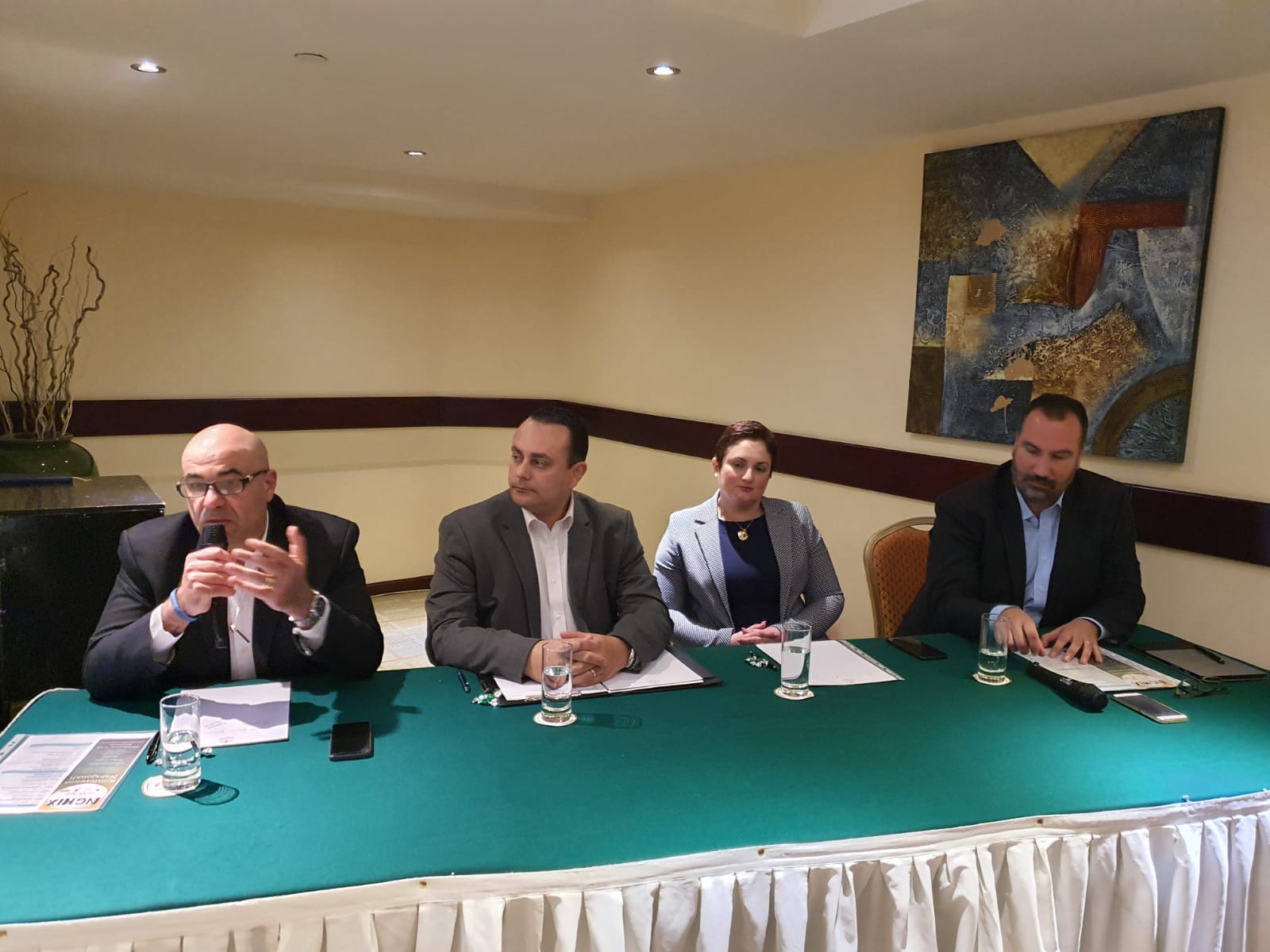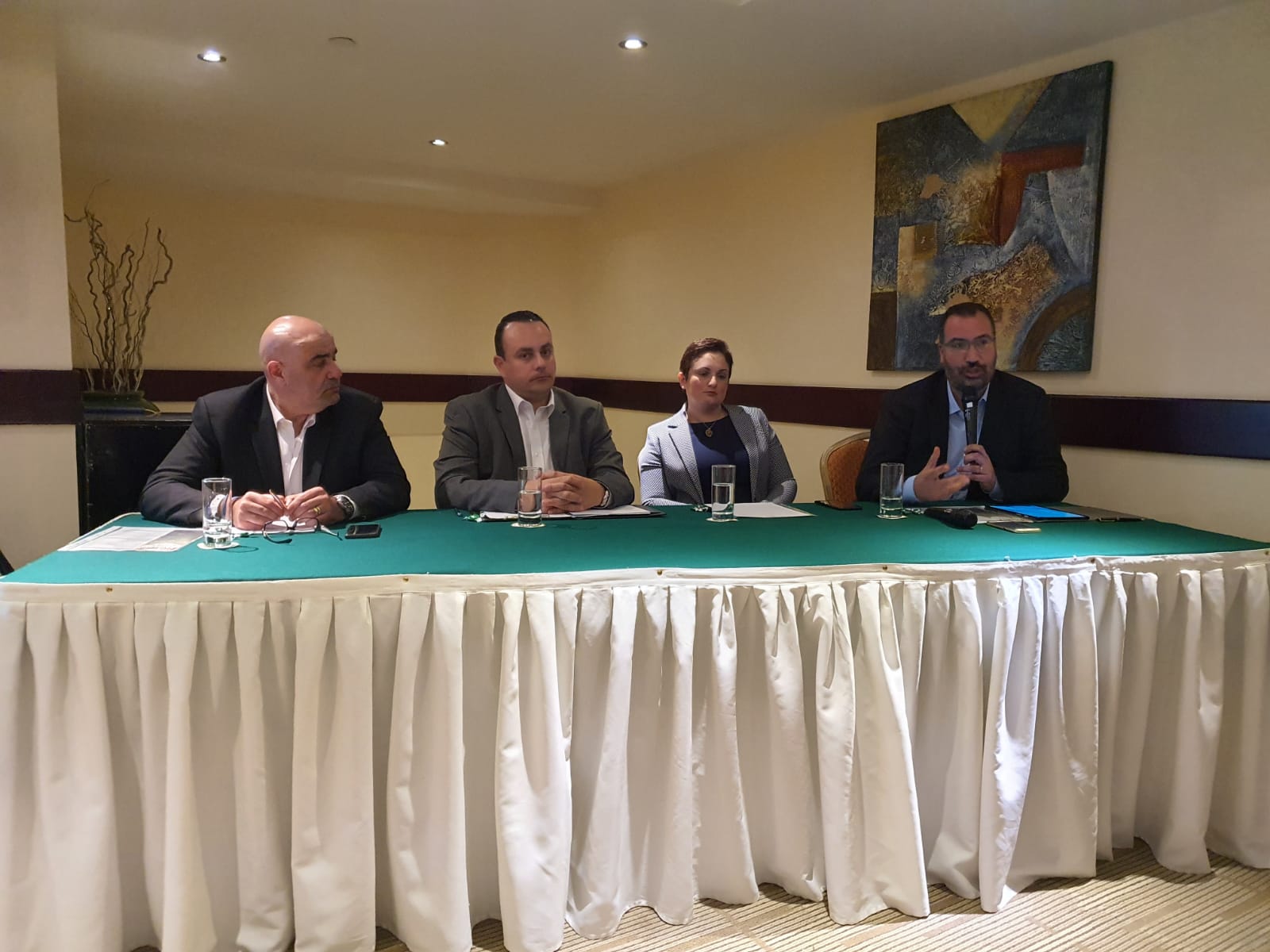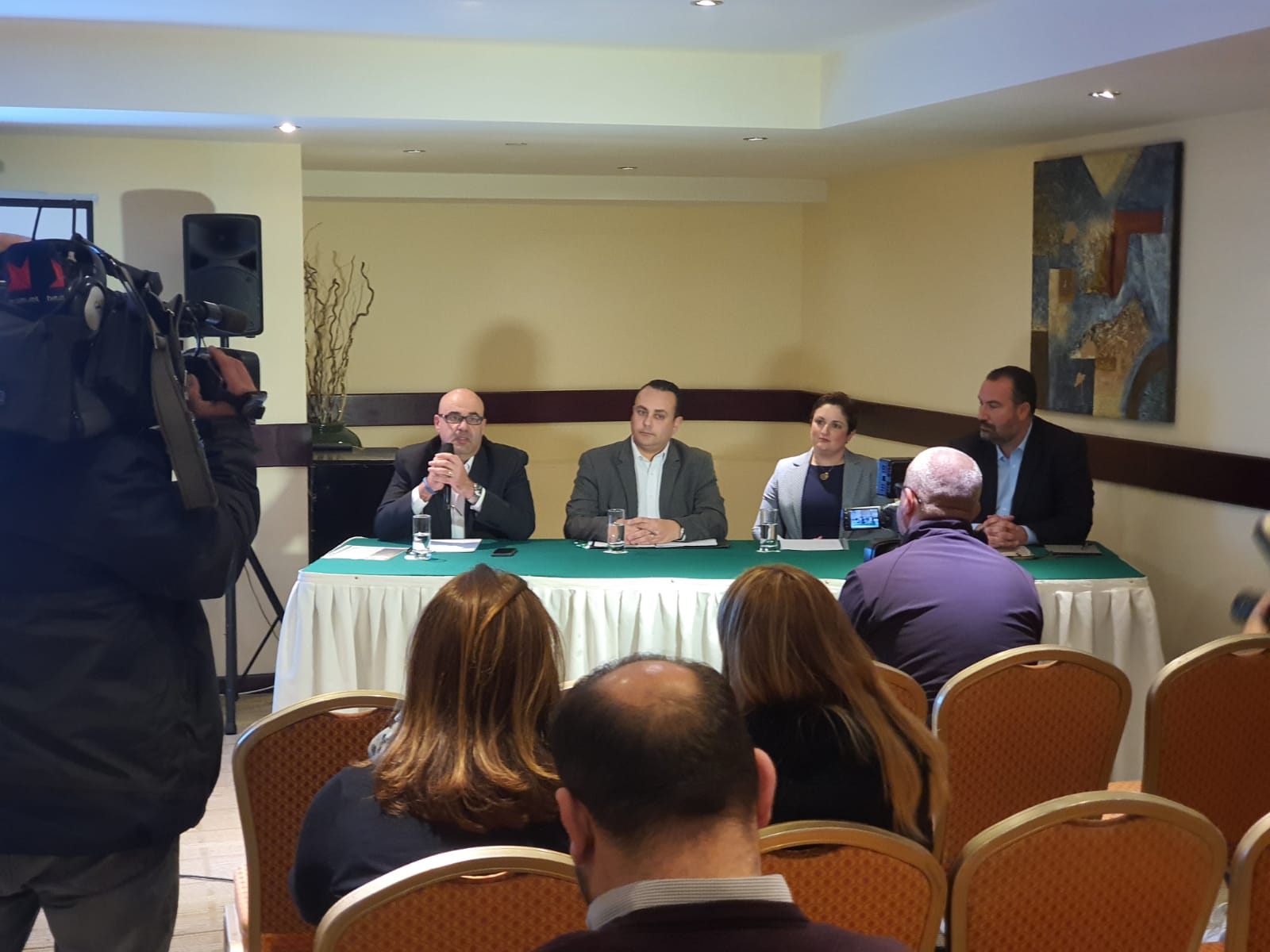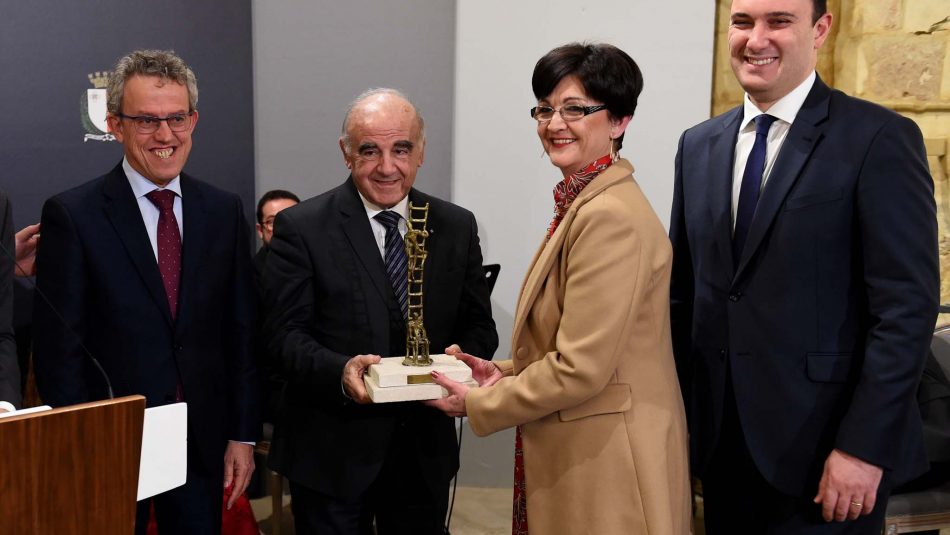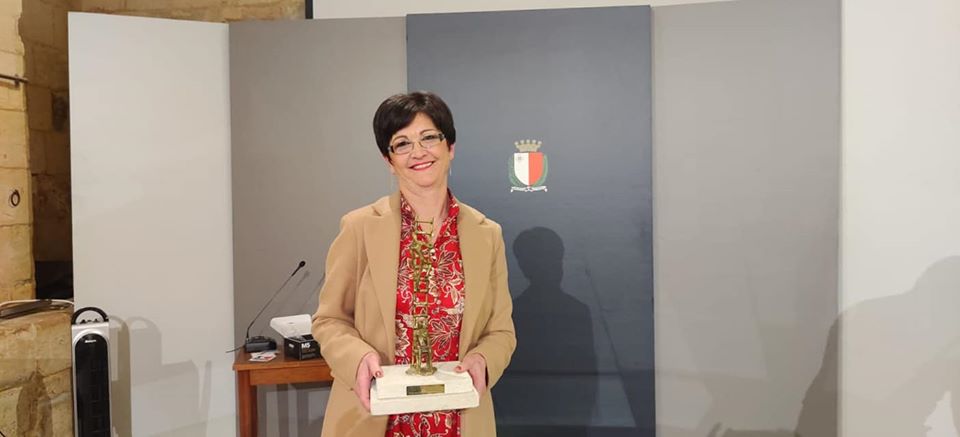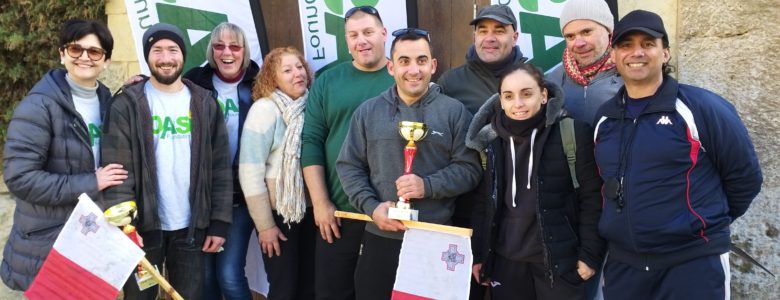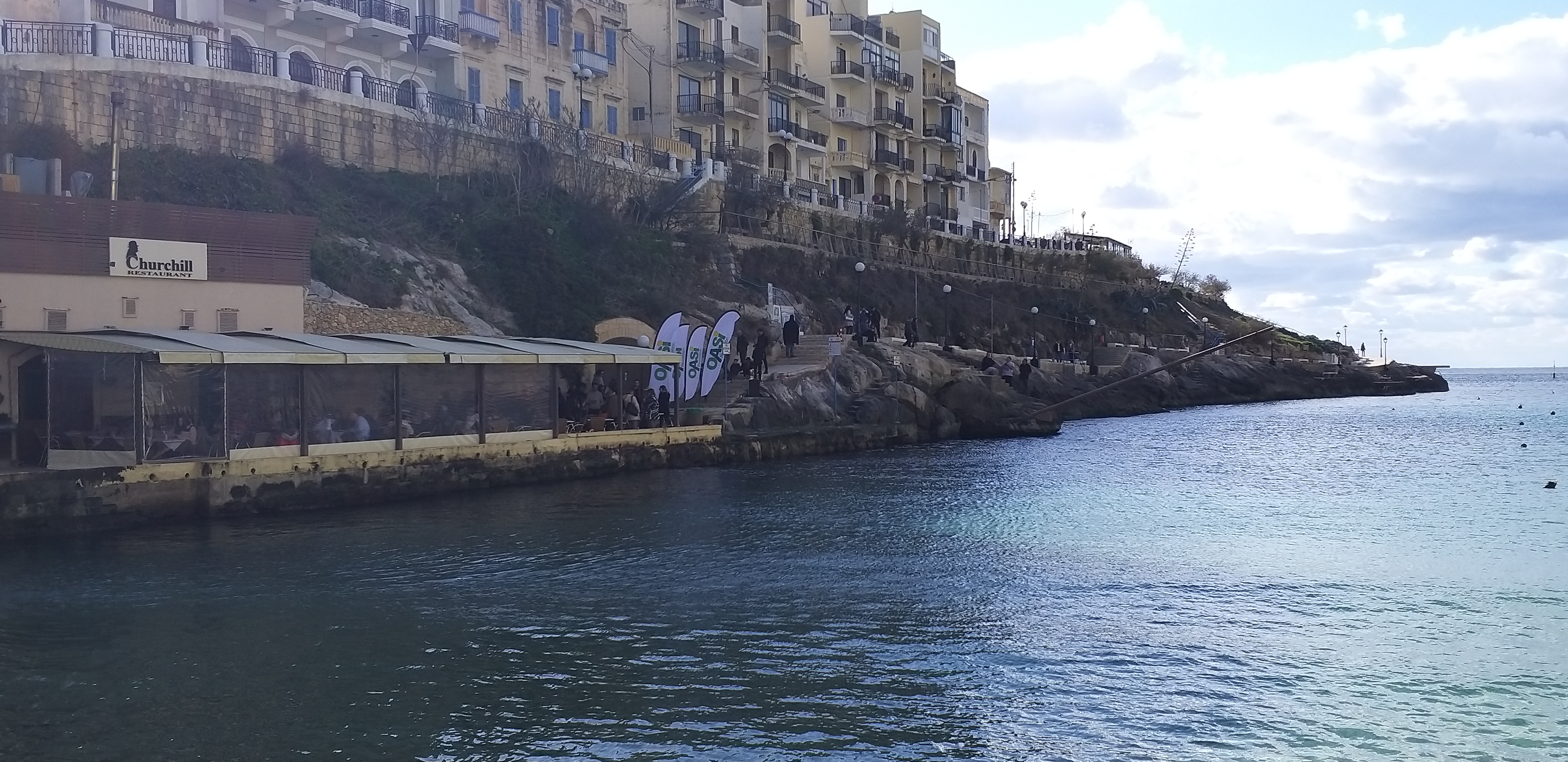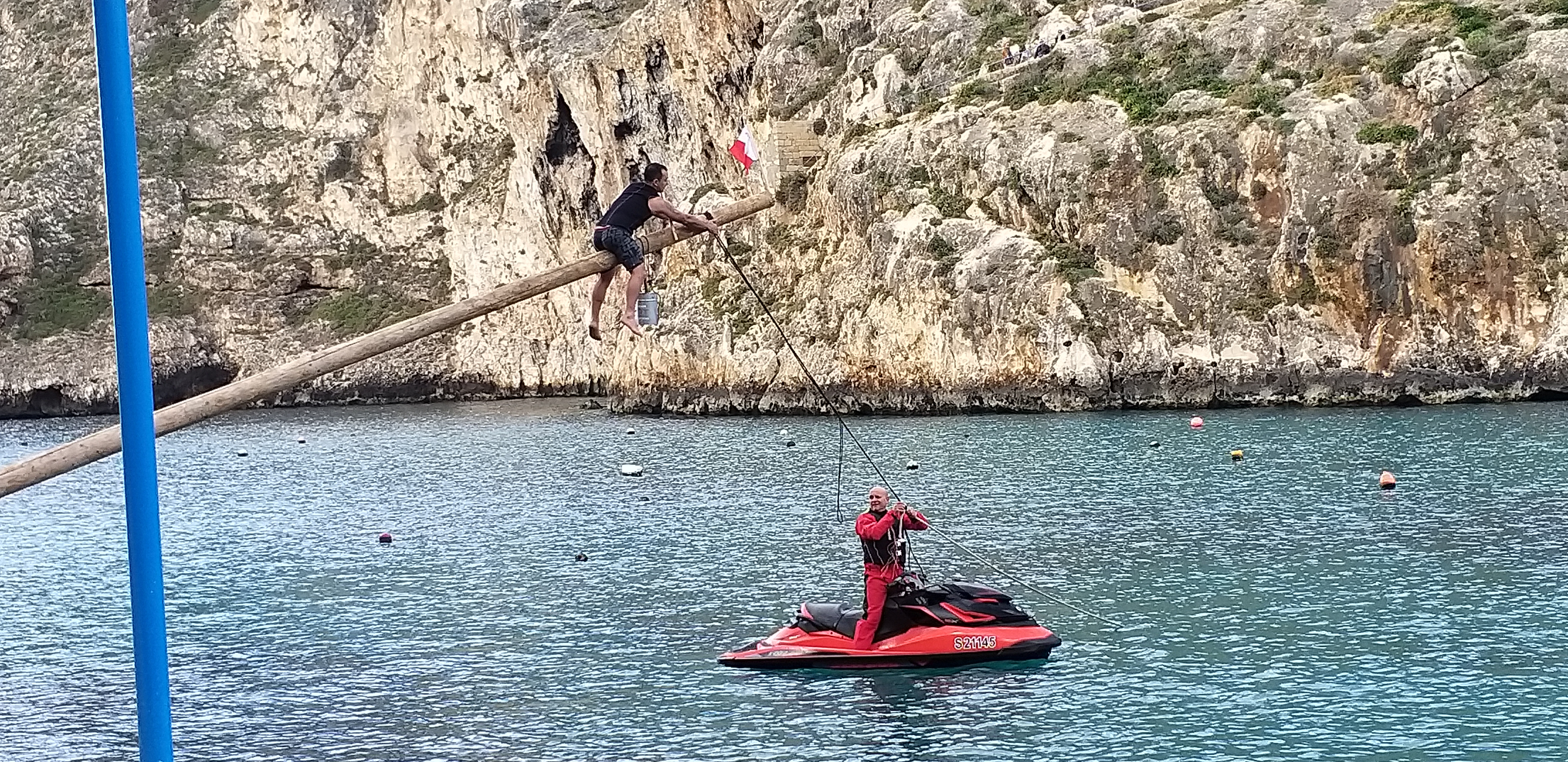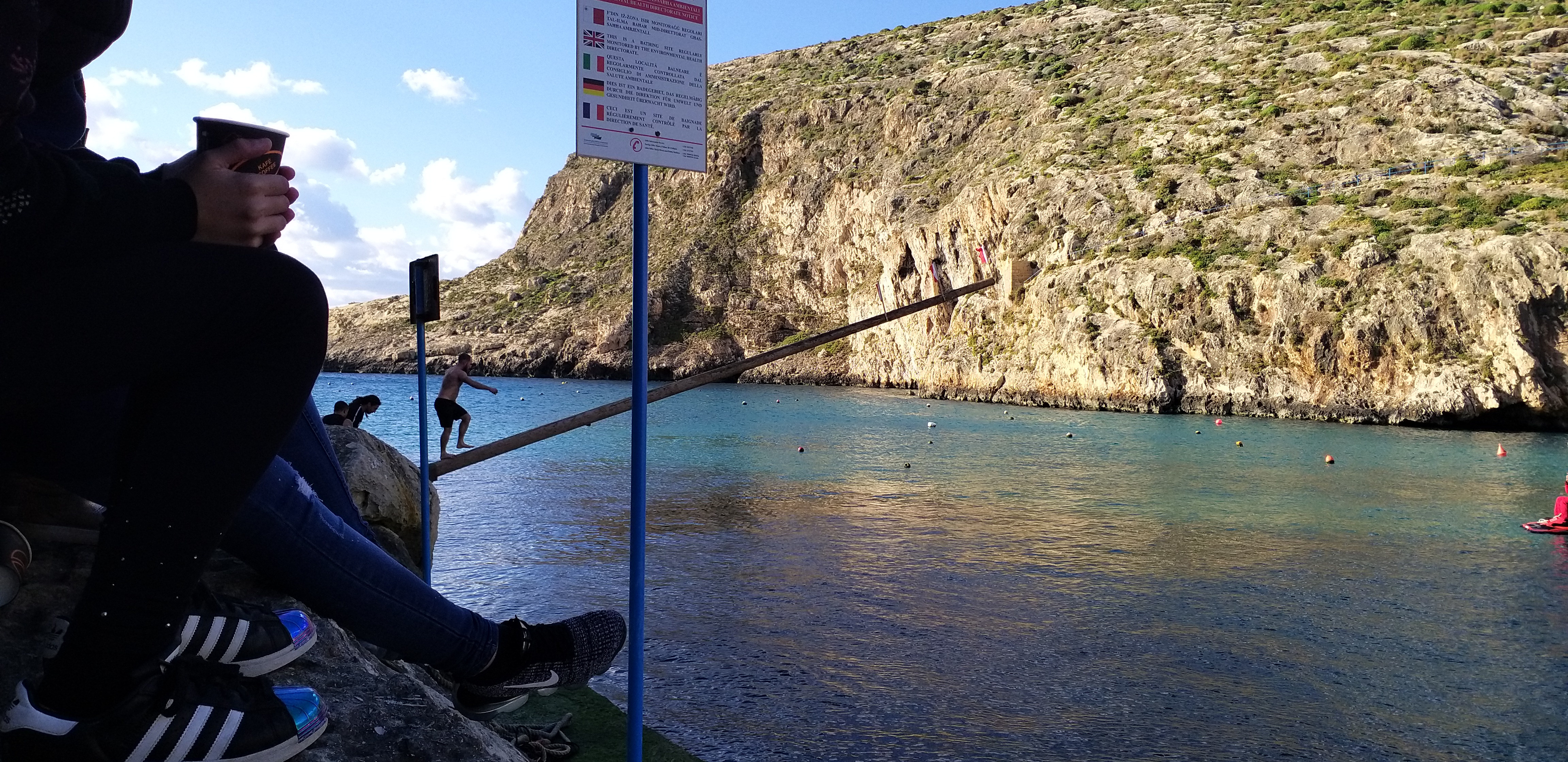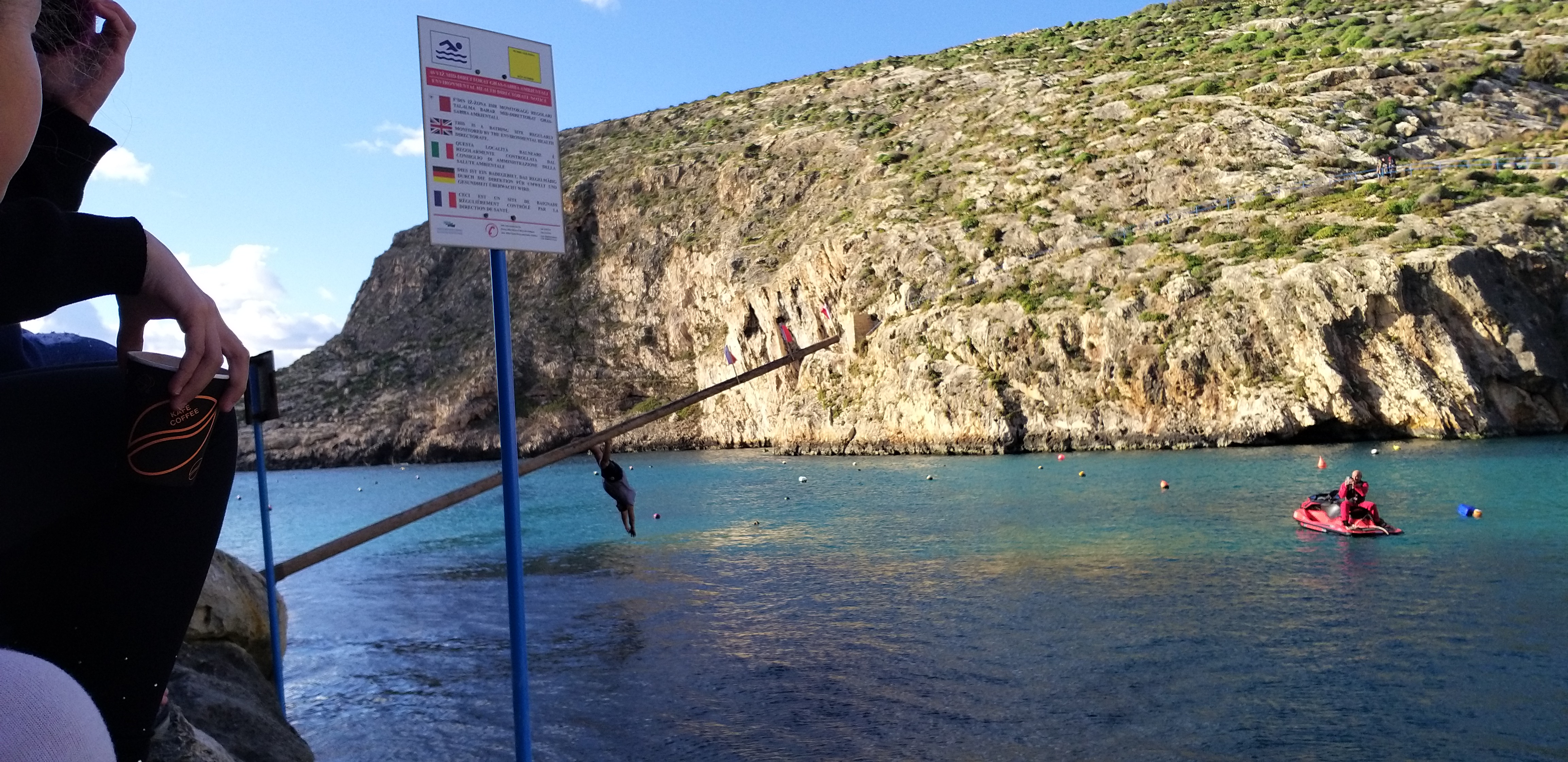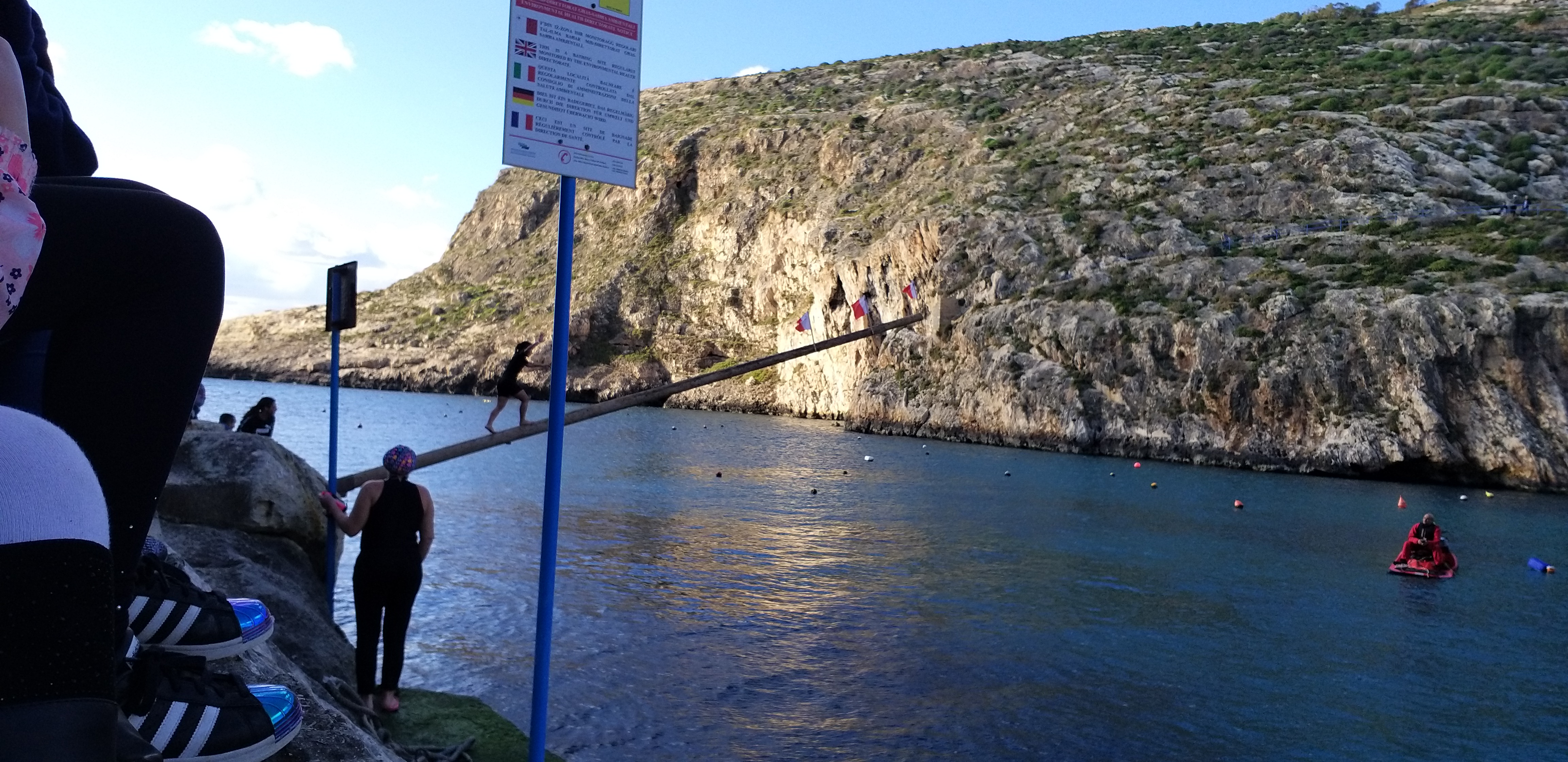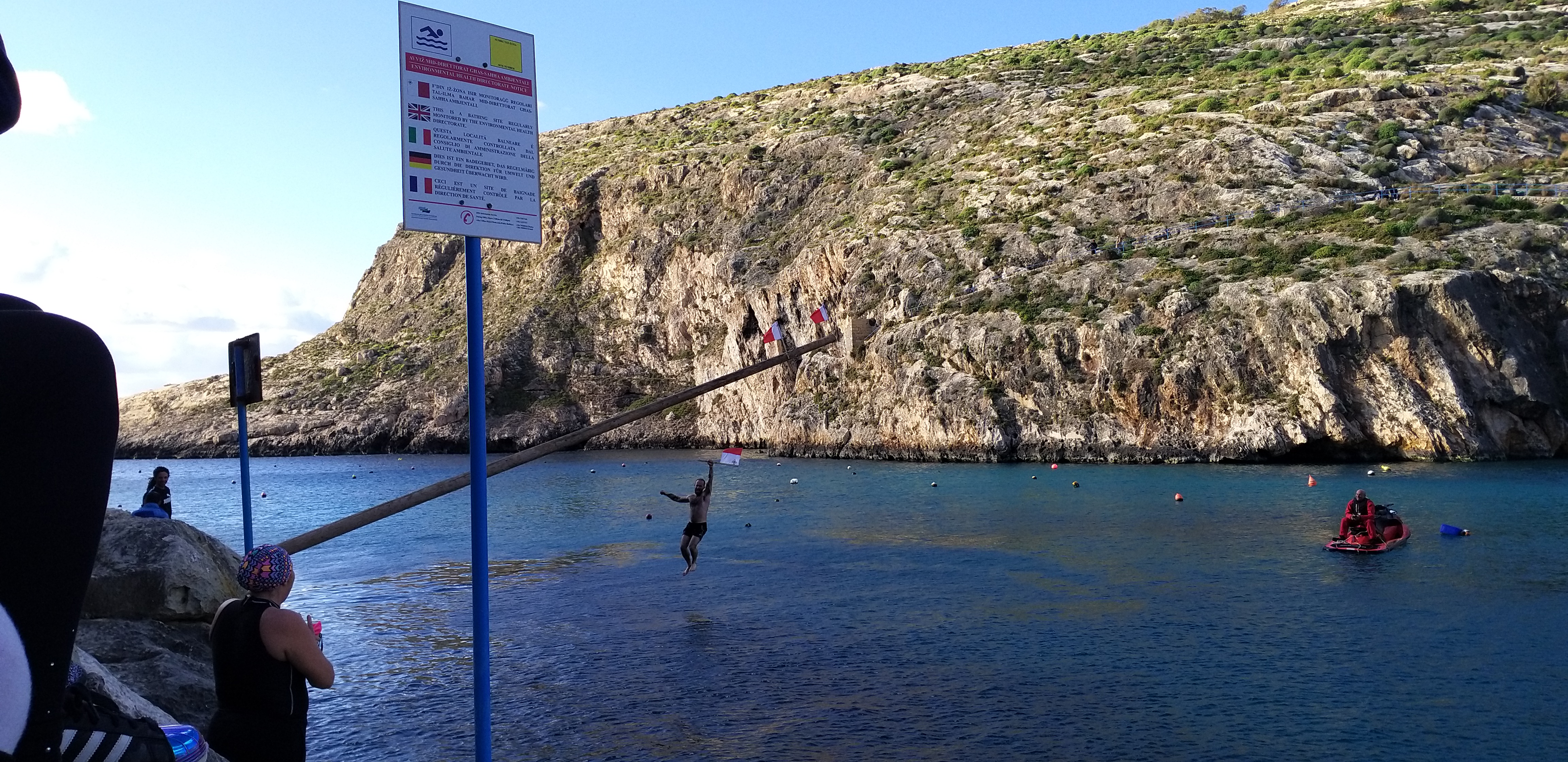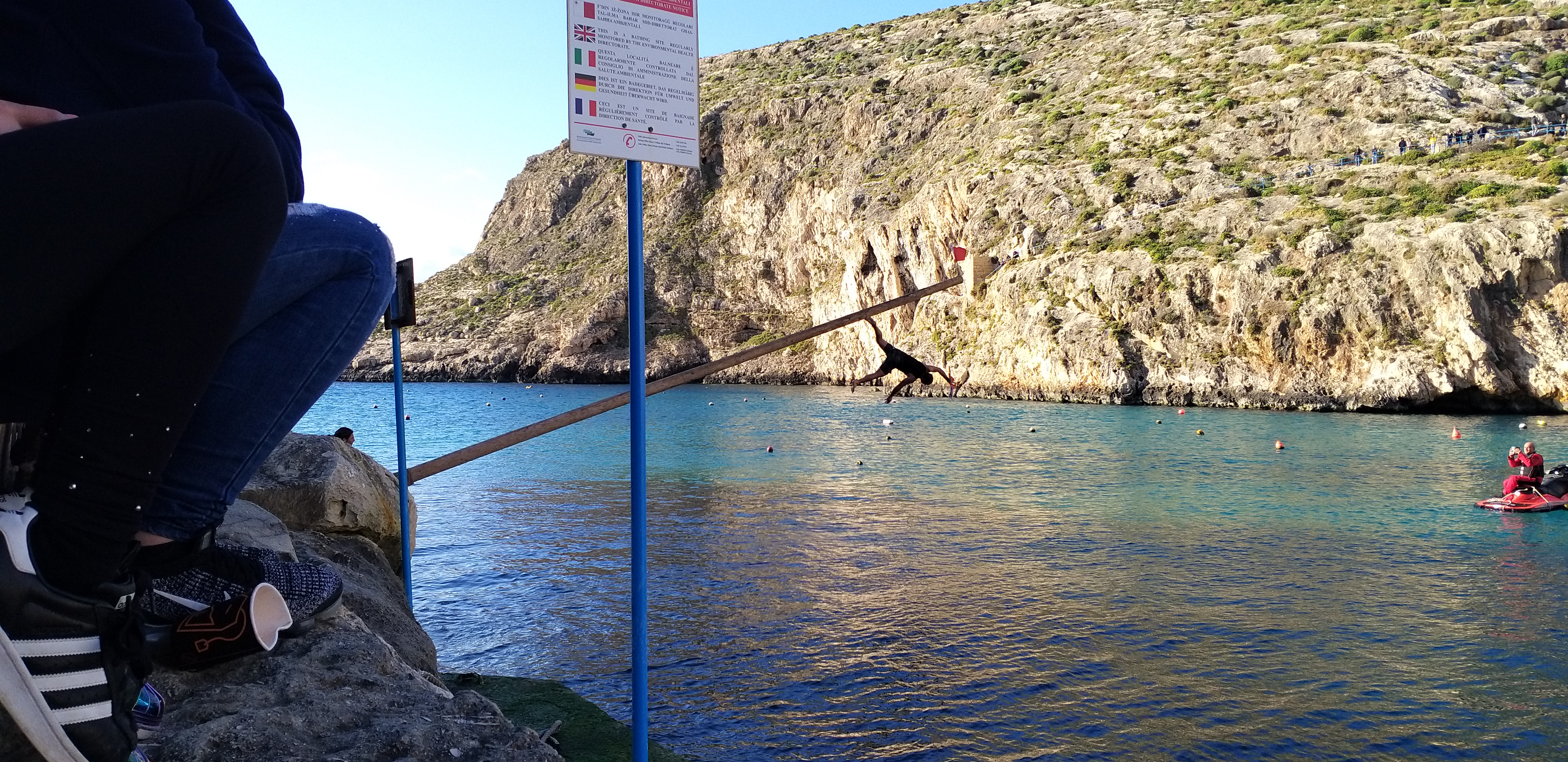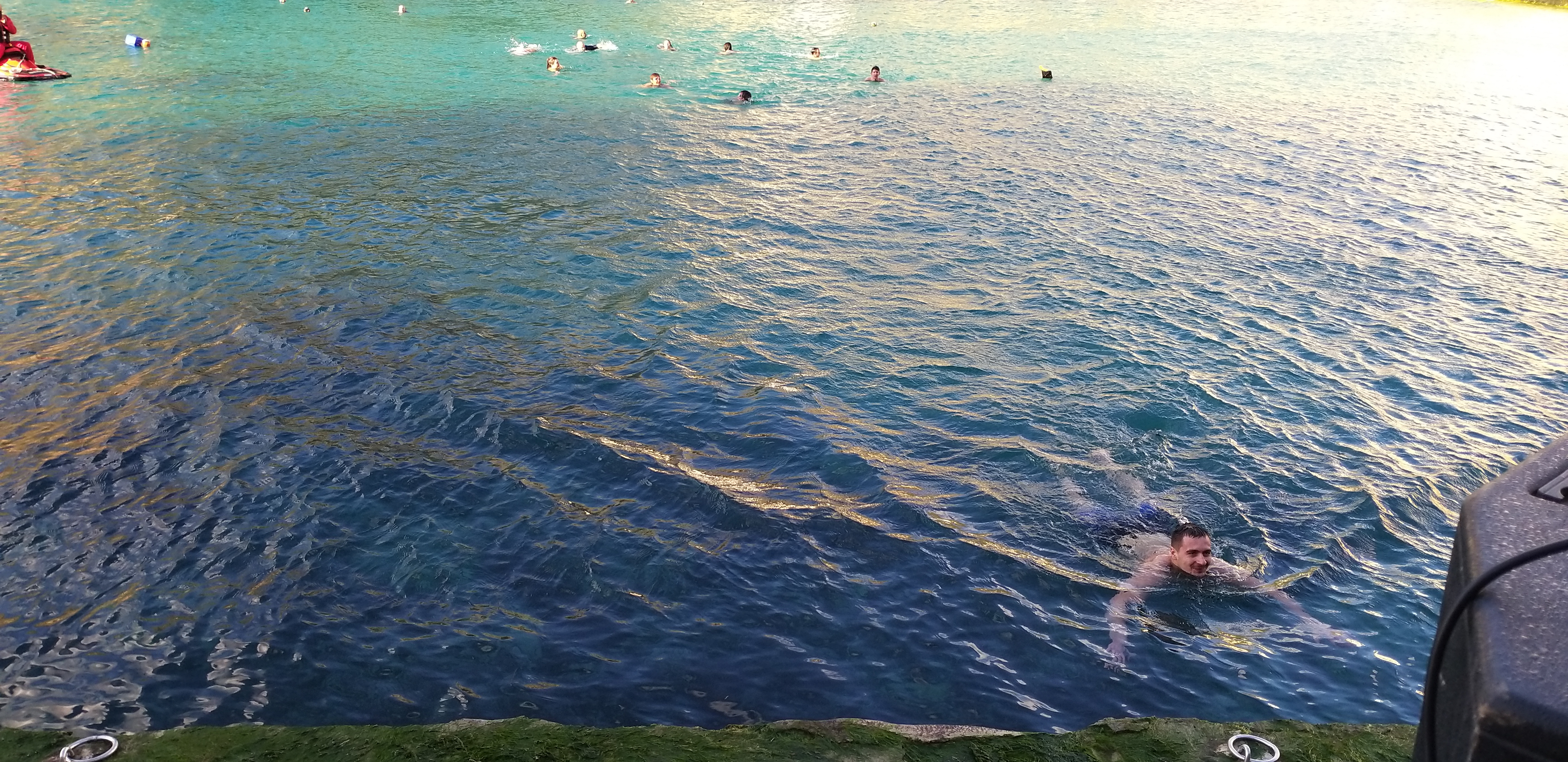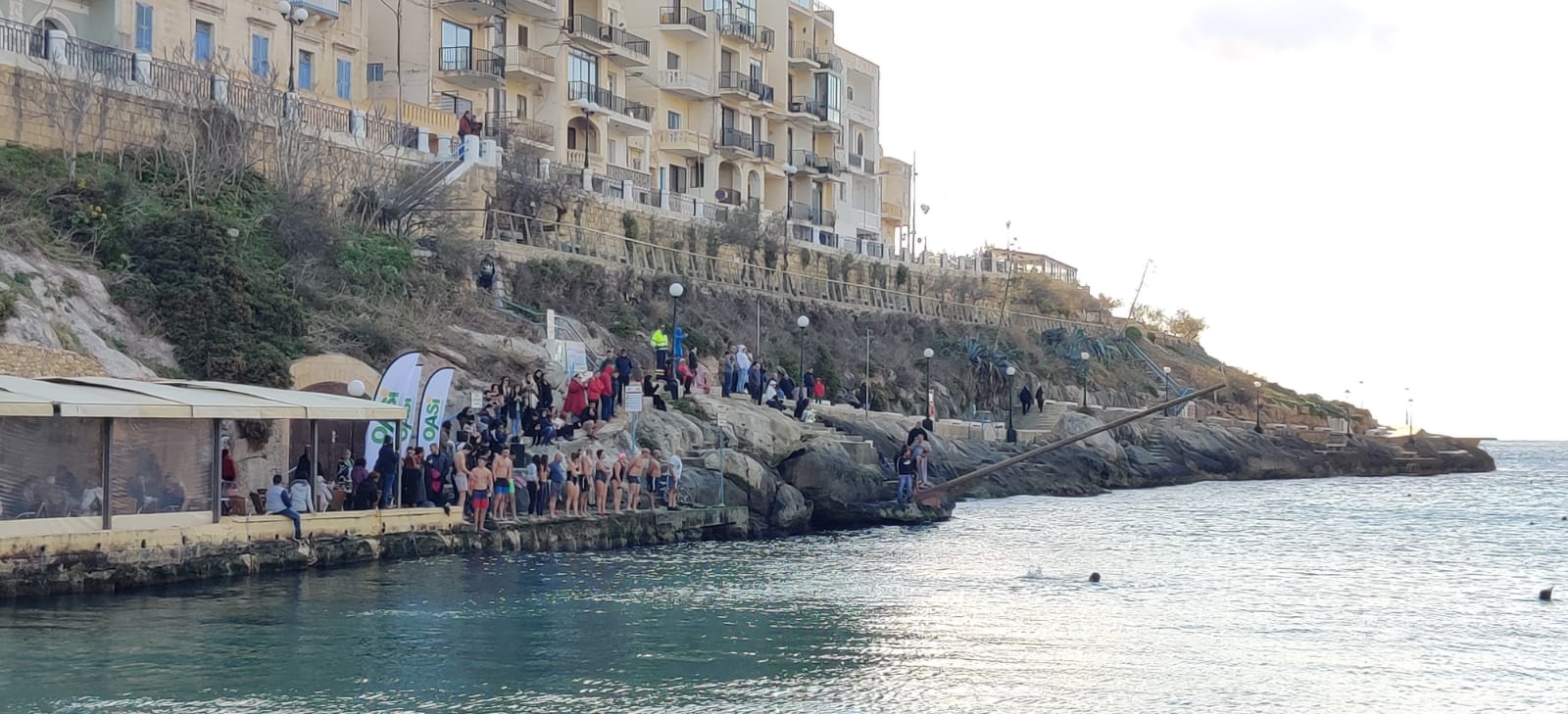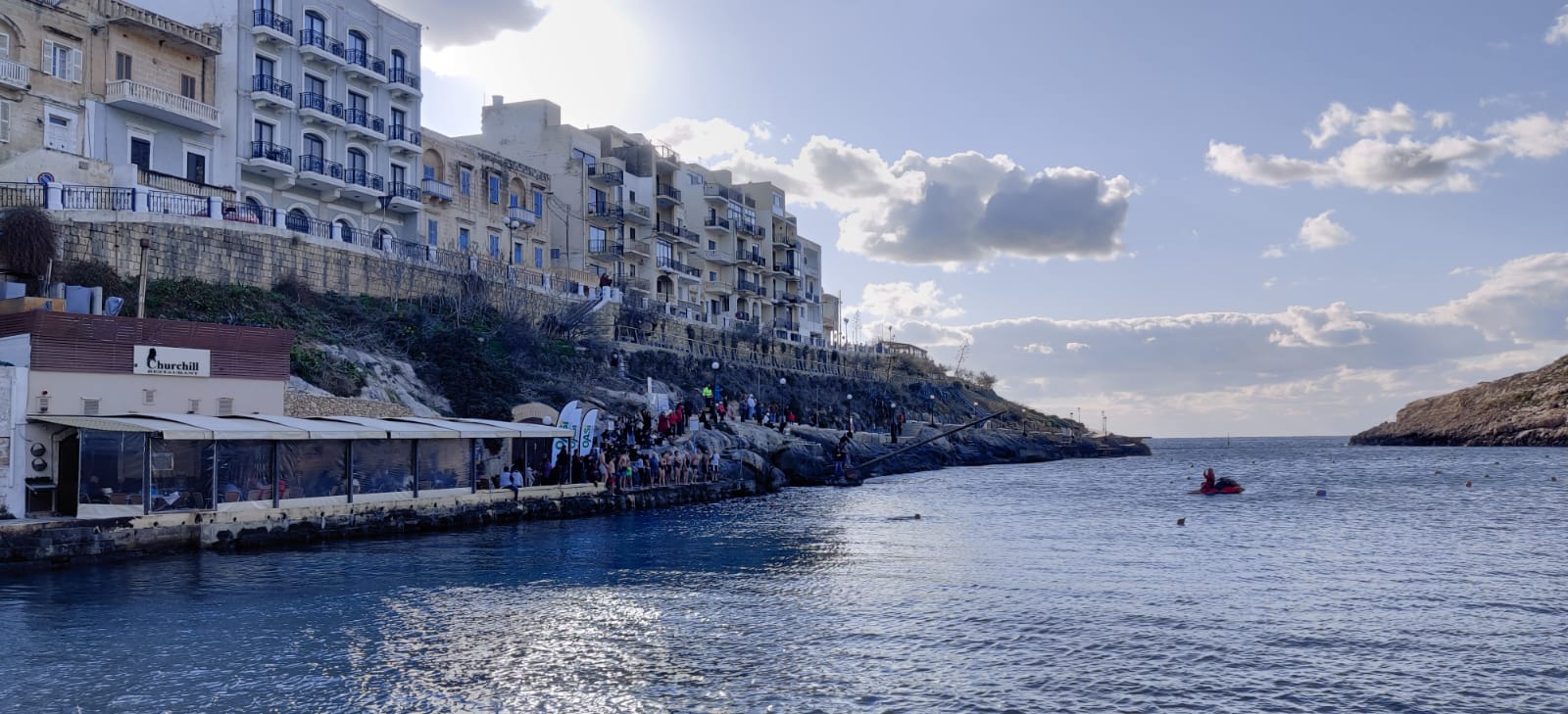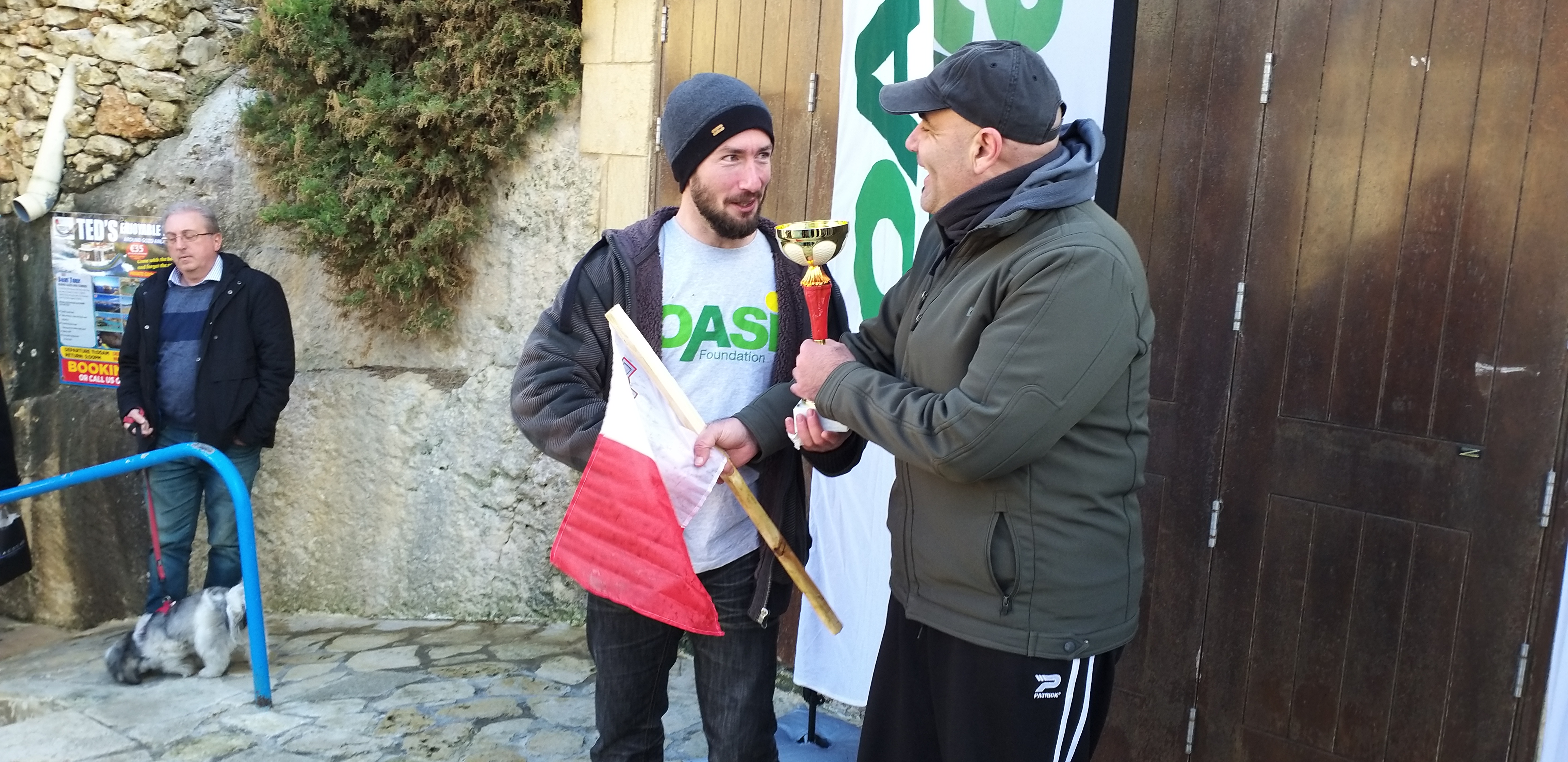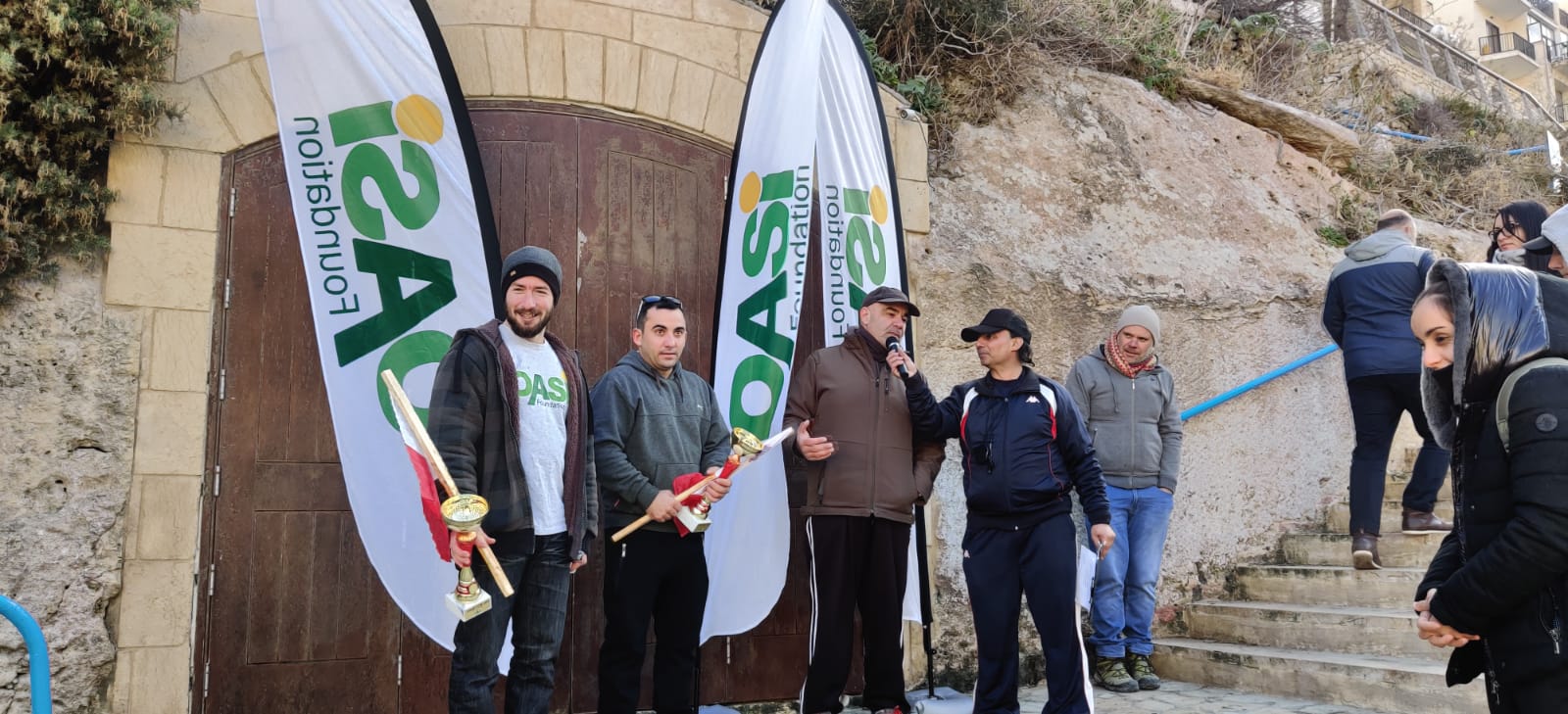Anger is a normal human emotion, and can be beneficial in the right context. For example, righteous anger can help us defend ourselves from other people. Unfortunately, inappropriate and frequent episodes of anger can undermine your relationships, career, and health. Shouting, swearing, and throwing objects are all obvious signs of pathological anger, but did you know it’s possible to have a hidden anger problem?
Here are 6 indicators of pathological anger:
You get regular headaches
When you carry unexpressed tension around in your body, it will manifest itself as aches and pains.
You might suffer tension headaches, migraines, and neck-aches.
Other physical symptoms of excessive anger include digestive disorders and teeth grinding.
If you suffer from eczema or any other condition that is exacerbated by stress, the symptoms might worsen if you have a particularly intense bout of anger.
You avoid conflict
You’d be forgiven for thinking that everyone with an anger problem revels in conflict, but this isn’t always the case.
For instance, if someone knows they get angry but is scared of the intensity of their own feelings, their preferred strategy might be to avoid conflict altogether.
You self-harm
Angry people who can’t or won’t express how they feel to others will frequently take their anguish out on themselves.
If you have an anger problem, you may drink, take drugs, binge eat, or hurt yourself in other ways.
Chronic anger is often accompanied by depression. As Sigmund Freud noted, depression is “anger turned inward.”
Symptoms of depression include a lack of interest in previously enjoyable activities, changes in sleep and appetite, feelings of hopelessness, and excessive guilt.
If you get angry at others, you might feel guilty and ashamed, which will make your depression worse.
You spend a lot of time thinking about people who have hurt you
Do you nurse grudges against others, even if they’ve apologized or it’s been several years since they offended you?
Being unable to release past hurts or grievances is a sign that you struggle to process negative emotions, which can be associated with anger problems.
You are often sarcastic, apathetic, and act against your best interests
Passive aggression is a sure sign of anger.
It manifests as apathy, sarcasm, or a tendency to criticize others.
If you are passive aggressive, you usually feel as though others are taking advantage of you or abusing you in some way, and you don’t have any means of fighting back.
Instead of addressing the problem head-on, you resort to passive aggression instead.
Self-sabotage is another indicator
For instance, someone who is angry at themselves or the world might arrive at work late every day, miss deadlines, or start arguments with their partner.
Note that passive-aggressive people often lack insight into their own behaviour.
You might not feel as though you have an anger problem, but those around you will have noticed your negative attitude and self-destructive actions.
What to do if you have an anger problem
Don’t dismiss your anger as a minor inconvenience or a fixed personality trait. It can have serious consequences if left unaddressed. For example, chronic anger can compromise your immune system, leaving you vulnerable to infectious disease. Volatile anger can lead to fights, which may even be physical in nature. If you are often angry, you are at increased risk of additional mental illnesses and distress.
First, try self-help measures
Regular exercise, eating a healthy diet, and meditating can lower your stress levels and reduce the risk of angry outbursts.
Working on your assertiveness skills and learning how to set firm boundaries can help resolve passive anger, because you will be able to work with others to work through problems instead of suppressing a sense of injustice.
In some cases, you may need to seek out professional help
There are specialist anger management programs. Some offer guidance to people in particular fields, such as those in high-stress professions, or specialize in working with people who have other mental health problems.
One-on-one counselling is another option.
For help choosing the right treatment, ask your regular healthcare provider for advice.
If you are employed, your employee assistance program is a good place to start.

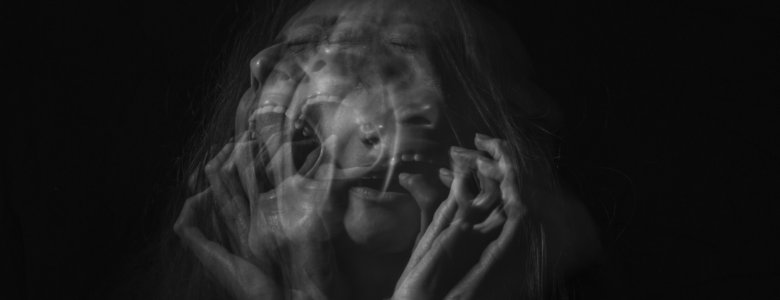


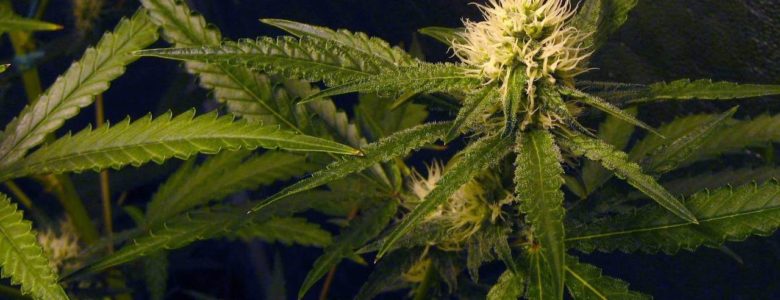

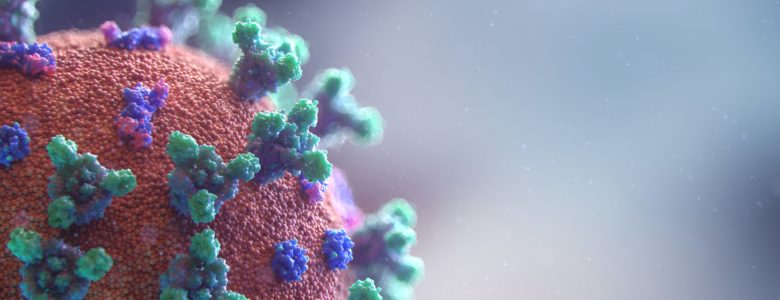


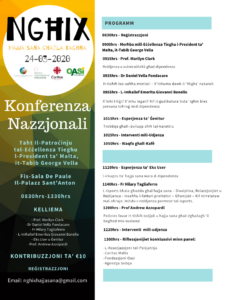 Caritas Malta, the OASI Foundation, SEDQA and the Maltese Association of Psychiatry, work with people with drug dependence and their families on a daily basis.
Caritas Malta, the OASI Foundation, SEDQA and the Maltese Association of Psychiatry, work with people with drug dependence and their families on a daily basis.